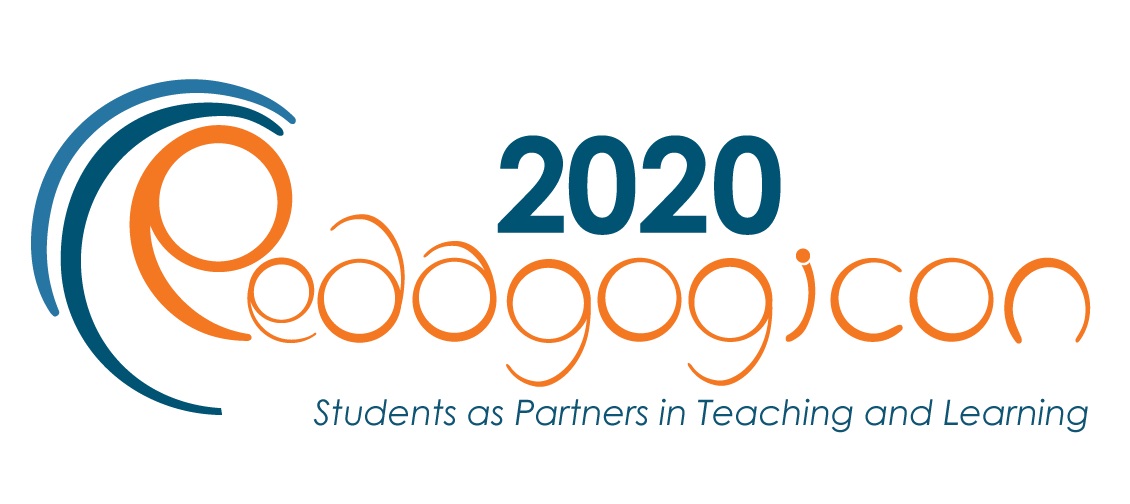Publication Date
2021
Abstract
With the rapid growth and adoption of online programs in higher education comes a concern that education is becoming even more industrialized, reducing student liberty. This paper first critiques online learning with the concept of industrialized education. Then, it outlines and applies the revolutionary approaches of liberatory pedagogy. Finally, this paper explores and describes ten practical ways for teachers and instructional designers to apply liberatory pedagogy in online courses to empower students as partners in their own learning.
Creative Commons License

This work is licensed under a Creative Commons Attribution 4.0 License.
Included in
Curriculum and Social Inquiry Commons, Online and Distance Education Commons, Scholarship of Teaching and Learning Commons
Freedom for the (Distance Education) People! Ten Practical Ways to Bring Liberatory Pedagogy to Your Online Class
With the rapid growth and adoption of online programs in higher education comes a concern that education is becoming even more industrialized, reducing student liberty. This paper first critiques online learning with the concept of industrialized education. Then, it outlines and applies the revolutionary approaches of liberatory pedagogy. Finally, this paper explores and describes ten practical ways for teachers and instructional designers to apply liberatory pedagogy in online courses to empower students as partners in their own learning.


